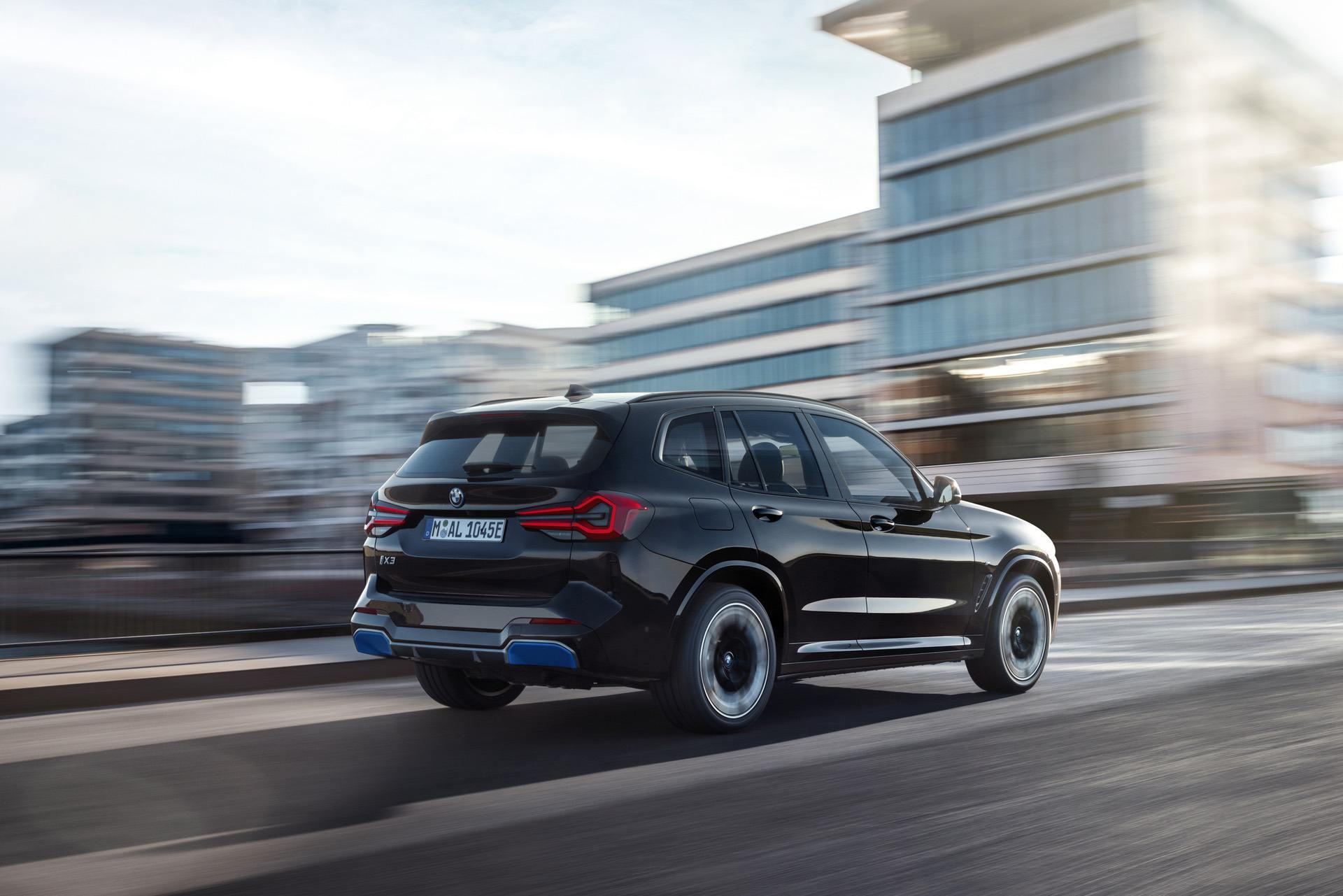It was back in March when BMW announced the revival of the Neue Klasse to signal a dedicated electric platform due in 2025. A “radically new approach” was promised, along with a “completely redefined IT and software architecture” as well as “proportions that differ from the past.” That’s pretty much all the German luxury brand was willing to disclose at that point, along with next-gen drivetrains bringing “significant leaps.”
Thankfully, a new interview from CAR Magazine with none other than BMW’s CEO Oliver Zipse sheds (some) light on how BMW is developing the new architecture. Interestingly, the Neue Klasse might not necessarily be reserved for pure electric vehicles as the company’s boss doesn’t exclude the possibility of adding a combustion engine: “At a later point in time, you might put another type of engine, combustion, on the front axle.”

In other words, the 57-year-old executive says NK-based models could combine an electric rear axle with a gasoline engine driving the front wheels to enable a hybrid setup with AWD. If that’s going to be the case, expect the combustion engine to be a small-displacement one since Neue Klasse models will have shorter front sections in order to maximize the wheelbase and create more space inside the cabin.
Oliver Zipse points out the platform will be BEV-centric and if there will be hybrids based on the Neue Klasse, these models will probably co-exist with the 3 Series for a number of years before the combustion-engined model will be discontinued. One of the first models to ride on the all-new hardware is expected to be the iX3, which was facelifted this week and will switch to the next generation later this decade.

BMW’s supremo goes on to say the Neue Klasse will see the introduction of Gen 6 batteries that will use fewer rare materials and rely more on recycled nickel. The next-gen packs will have greater energy density and improved recharging capabilities along with a modular setup, thus making them ideal for a great variety of EVs.
Oliver Zipse told CAR Magazine the NK platform will be used for at least 15 years or as much as 20 years, meaning it could be discontinued around 2045 at the latest. While solid-state batteries won’t be ready in 2025 when the architecture will be inaugurated, there’s a “very high” probability the revolutionary batteries will eventually be installed in NK-based electric cars.
You can read the full interview at the source link below.
Source: CAR Magazine
